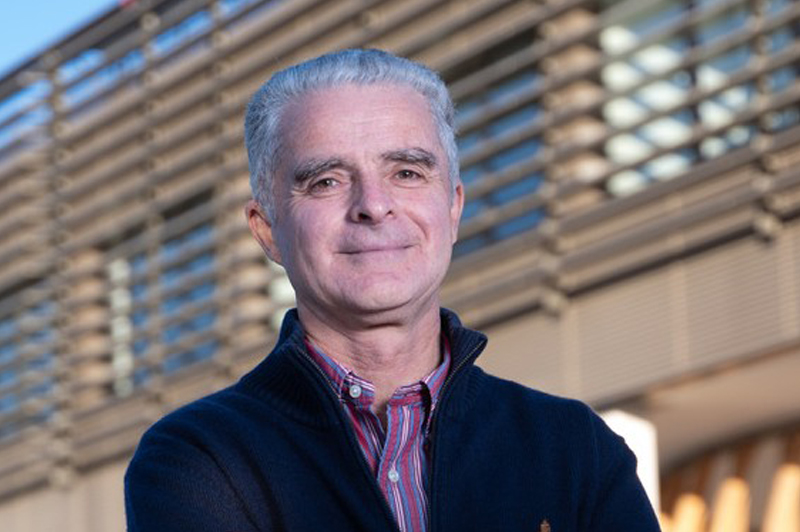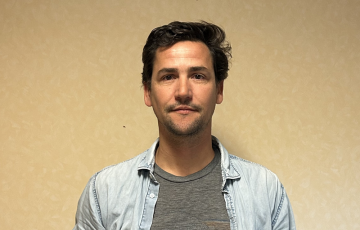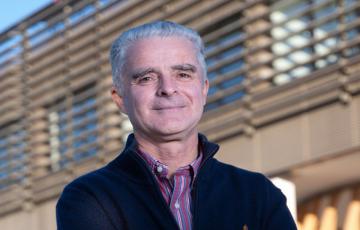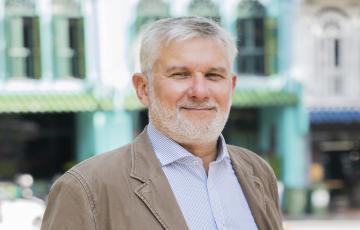DeNoize sets up its R&D program at the Provence Microelectronics Center
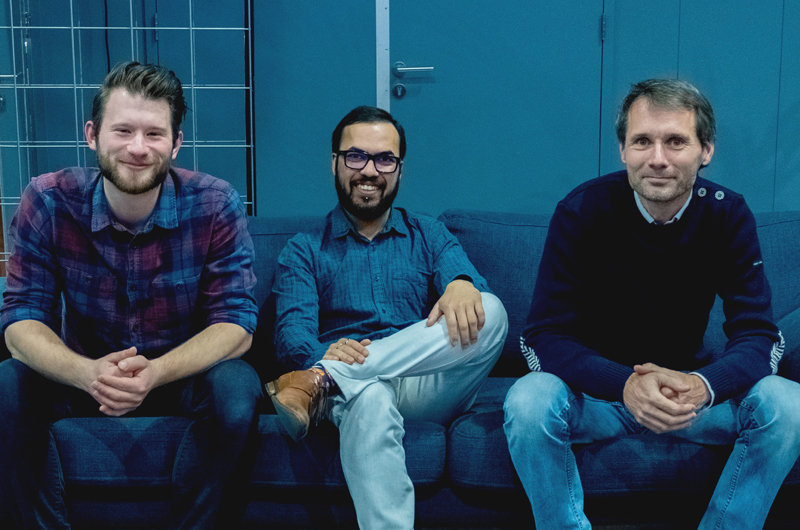
Start-up improves the acoustic comfort of buildings by acting on the glazing
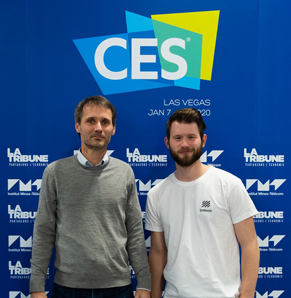 Imagine what it would be like if you could put noise-canceling headphones over your entire home... The Franco-Dutch start-up DeNoize has developed a breakthrough innovation that will improve the acoustic comfort of our living spaces with an innovative approach to windows. Among the various proposals pitched by Provence Promotion to build its R&D lab, the company opted for the Provence Microelectronics Center. DeNoize has already gained recognition for its solution, which it recently exhibited at CES in Las Vegas.
Imagine what it would be like if you could put noise-canceling headphones over your entire home... The Franco-Dutch start-up DeNoize has developed a breakthrough innovation that will improve the acoustic comfort of our living spaces with an innovative approach to windows. Among the various proposals pitched by Provence Promotion to build its R&D lab, the company opted for the Provence Microelectronics Center. DeNoize has already gained recognition for its solution, which it recently exhibited at CES in Las Vegas.
The company tackles noise pollution with a technique that is similar to noise-canceling headphones. The system, which is built into the window frame, listens and reacts in real time to generate vibrations that reduce the intensity of sound waves transferred to the interior space.
The project is the brainchild of two engineers: Aman Jindal a serial entrepreneur based in the Netherlands, and Olivier Schevin,
"The Provence Promotion team helped us find a location. They spent a full day with us, introducing us to local stakeholders and touring incubators. We ultimately opted for Team@Mines Saint-Etienne on the Georges Chapark campus at the École des Mines in Gardanne," explains Olivier Schevin. "We are currently looking to hire
20 new jobs and a fund-raising campaign
The start-up had barely completed its proof of concept when it inked a deal with a major airport operator in the Netherlands at the end of 2019. The 18-month contract is a commission for a study of the noise problems experienced by local residents who live within air traffic pathways. "We are going to build a real-size demonstrator," enthuses Olivier Schevin. Within a few months of existence, DeNoize won accolades from the international community.
"The tests conducted will allow us to optimize our technology. We have vibration sensors that listen for outside noise, then we make the window pane vibrate using
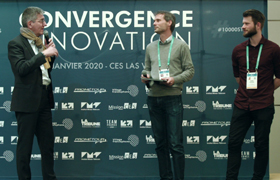 With the support of Team@Mines Saint-Etienne, it is one of the 10 start-ups to receive the Bercy-IMT Innovation Award. "We received the Special Award from Safran in the Smart Building category and we were selected to exhibit our innovation at the last CES in Las Vegas," says Olivier Schevin. At the electronics show in January, the company sparked the interest of investors and window manufacturers. Furthermore, the start-up is preparing a campaign to raise €3 million.
With the support of Team@Mines Saint-Etienne, it is one of the 10 start-ups to receive the Bercy-IMT Innovation Award. "We received the Special Award from Safran in the Smart Building category and we were selected to exhibit our innovation at the last CES in Las Vegas," says Olivier Schevin. At the electronics show in January, the company sparked the interest of investors and window manufacturers. Furthermore, the start-up is preparing a campaign to raise €3 million.
Team@Mines Saint-Etienne positions itself as an entrepreneur-oriented catalyst for technological innovation. Its scientific support system fosters mutual enrichment between project developers, the laboratories of the École des Mines Saint-Étienne and its students. Each of the school's campuses (Saint-Étienne and Provence) has such a space for bringing projects to maturity that is integrated in the network of Institut Mines Télécoms WeTechUp incubators. Since it was formed in 2003 at the Georges Chapark Provence campus in Gardanne, Provence Promotion has worked with Team@Mines Saint-Etienne to encourage the emergence of cutting-edge innovations. Project designers have all the resources they need to develop, as well as support from a scientific expert, access to laboratories and opportunities to network with an entire ecosystem.


 +33 4 96 11 60 00
+33 4 96 11 60 00





